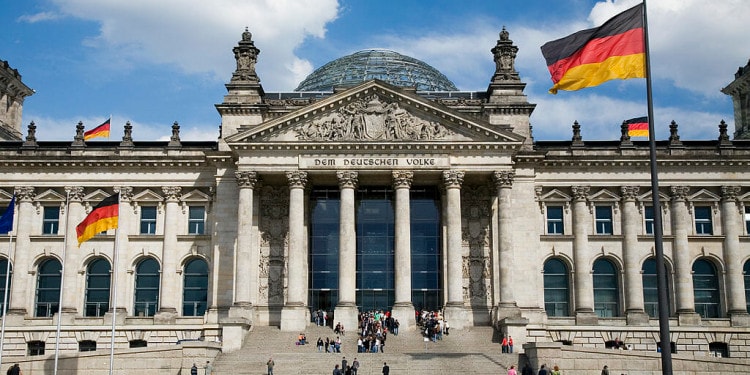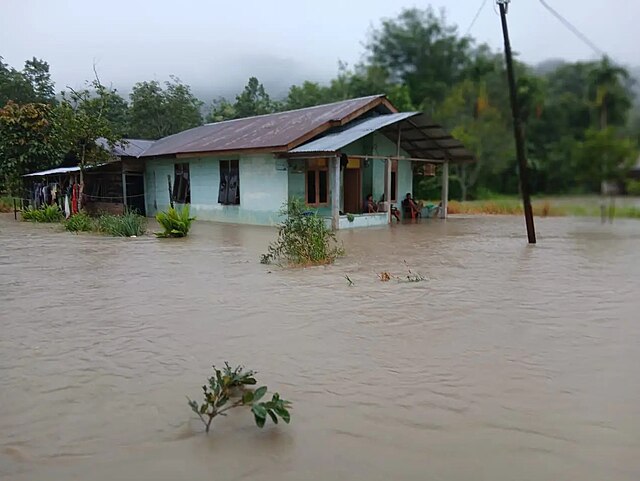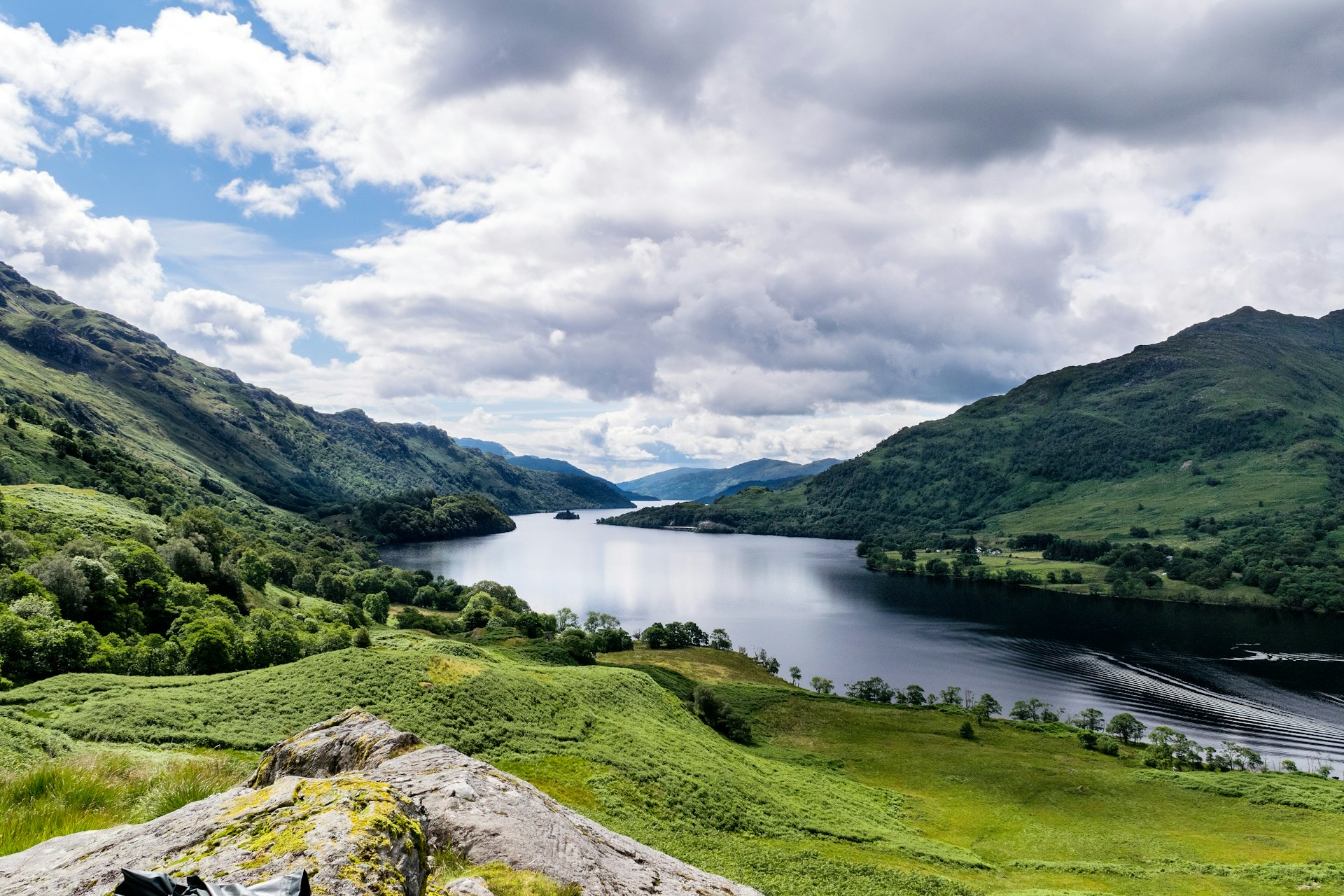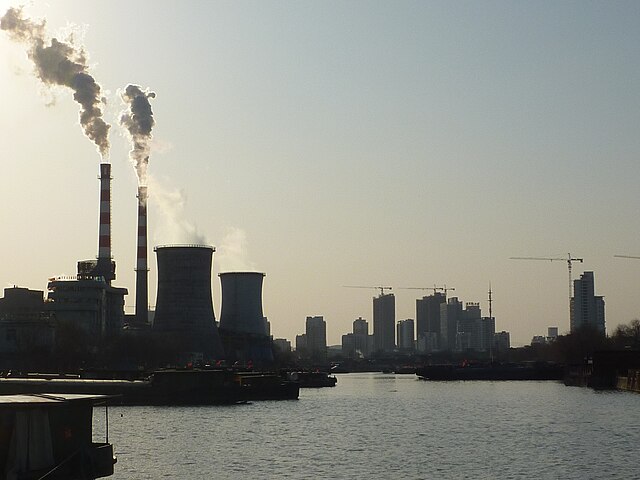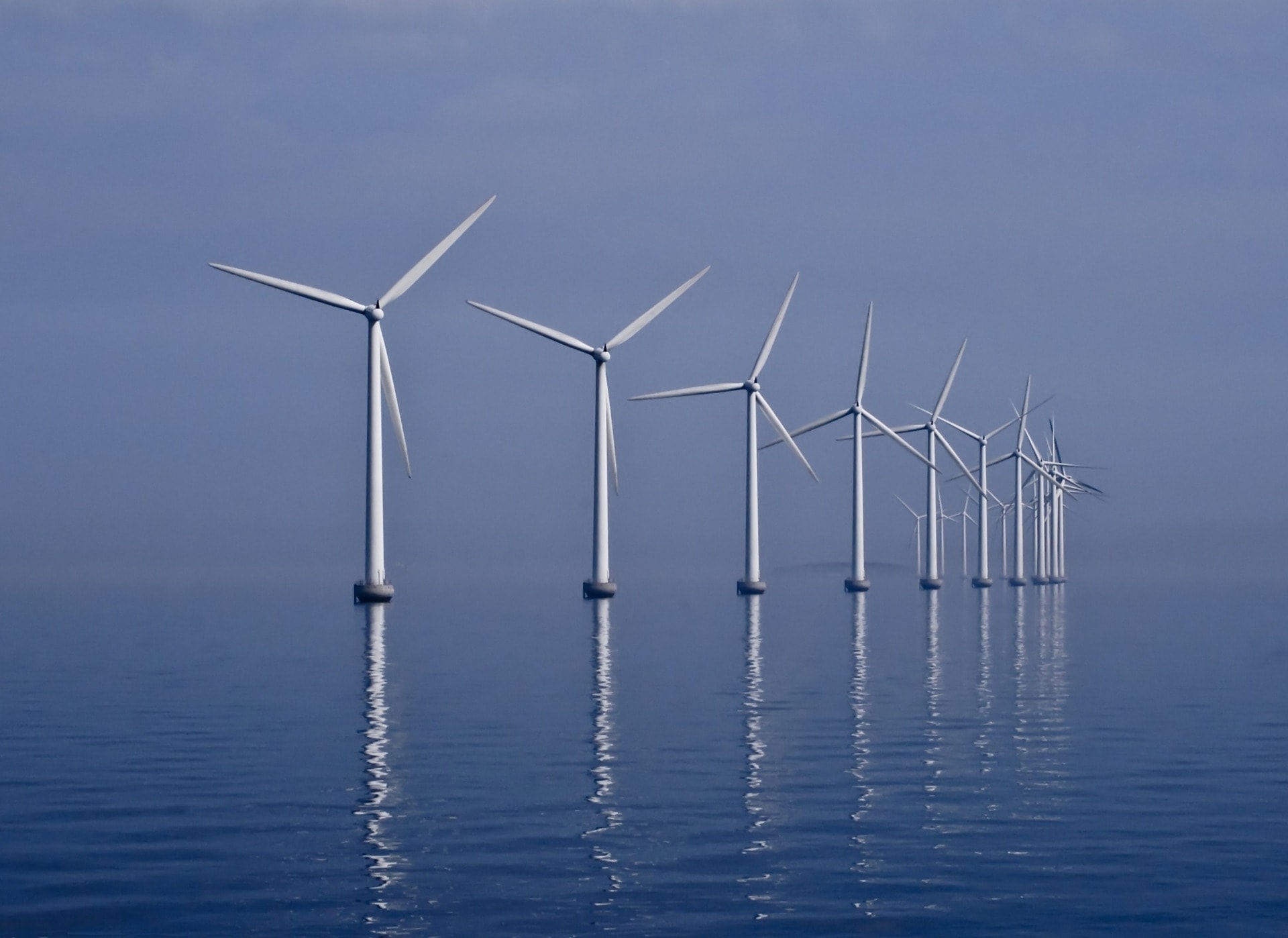With the German Chancellor election nearing its final month, on August 3 the Green Party introduced sweeping climate pledges with the intention of placing itself at the heart of the nation’s environmental politics and directing Germany to achieve its Paris Climate accord commitments.
The Green party finds itself in an unfamiliar position of potential power, as polls this year have consistently placed the party in second place, behind current Chancellor Angela Merkel’s CDU Party. With Merkel not seeking a fifth term as chancellor this coming election, some analysts have predicted the first Conservative-Green alliance coalition as a probable outcome.
The new dynamic for the Greens has seen the party nominate a Chancellor candidate for the first time in its 41 year history, as recent flooding across the nation has brought the issues of climate change to the forefront of German politics.
Polls indicate that climate is the second most important issue to the German electorate heading into September’s election, narrowly behind the coronavirus pandemic. In placing itself at the forefront of the climate conversation heading into the election, the pledges put forward by the Greens show an understanding that the vote on September 26 could prove a turning point in German politics.
Related Articles: Germany to Phase Out Coal by 2038 – A Done Deal? | Europe’s New Direction: Green, Equitable, Digital
The platform introduced on August 3 includes a sharp expansion of renewable energy sources, and the establishment of a Climate Ministry, a body that would have veto power over any government decisions that don’t comply with the 1.5 °C degree temperature rise limit agreed to in Paris in 2015.
Green party leadership has toed the line between boldly pushing for climate action and appealing to the central faction of the German electorate, support the party would understandably need to gain power. Whilst the party’s candidate to succeed Merkel, Annalena Baerbock, has expressed that German policies going forward must “set a course that would make 1.5 degrees possible,” the party’s co-chair Robert Habeck has acknowledged that “somebody is going to have to pay for it” — with the costs associated with the Green’s plans coming from additional government spending and increased wealth taxes.
Other climate pledges put forward by the Greens on August 3 include an 80mph speed limit on all German highways, a ceiling that could save up to 2 million tonnes of carbon emissions per year, and a requirement that all new public buildings be equipped with solar roofing.
„As the Green candidate for chancellor, this is my offer: reform and renewal.“ – @ABaerbock in @FinancialTimes: To put it bluntly, the climate crisis is happening right now. If we want to curb it successfully, we need to act fast. https://t.co/vAMXKSVUCB
— Andreas Kappler (@GruenSprecher) August 9, 2021
Questions remain over whether a party that has traditionally had a singular focus on the environment can be pragmatic enough to lead Germany out of the COVID-19 pandemic. Among the Green’s economic policies for the upcoming election are 500 billion euros of “socio-ecological investment” into the economy over the next decade, and rapid transition to electromobility in the automobile industry. This conversion will greatly expand renewable energy and phase out fossil fuels in the nation, although it is a shift that German news platform DW reports could cost up to 400,000 German jobs over the next 10 years.
The Green Party has proposed alleviating this with new jobs in the energy transition, an increased wealth tax, and a 50% boost to welfare payments.
With fewer than 50 days until Germans head to the polls to decide the future direction of Europe’s economic powerhouse, weighing up the urgency of the climate crisis to the practical difficulties of the COVID-19 pandemic and its economic repercussions may well be the deciding factor of the nation’s future leadership.
Editor’s Note: The opinions expressed here by Impakter.com columnists are their own, not those of Impakter.com. — In the Featured Photo: The German National Parliament Building, Berlin. Featured Photo Credit: Jorge Royan.


